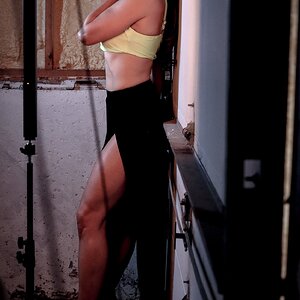mikoh4792
TPF Noob!
- Joined
- Dec 30, 2013
- Messages
- 163
- Reaction score
- 10
- Can others edit my Photos
- Photos OK to edit
I'm not going to ask which system to buy, instead I have a question concerning the general sealing qualities of these companies. Does one company usually have more dust/oil issues than the other?(excluding the d600). For example, if I were to choose between a canon t5i and nikon d5200, or canon d70 and nikon d7100, can I expect one model to catch dust/oil on the sensors more often than the other?


![[No title]](/data/xfmg/thumbnail/34/34691-2fa9779b0e77f698b193a633b9242553.jpg?1619736604)

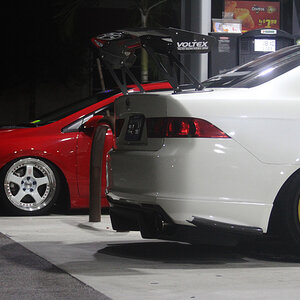

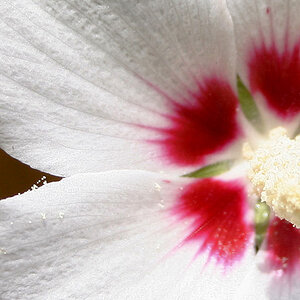

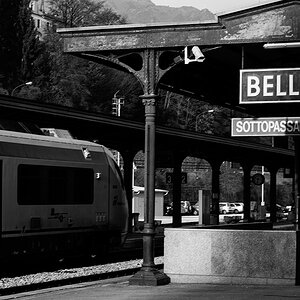

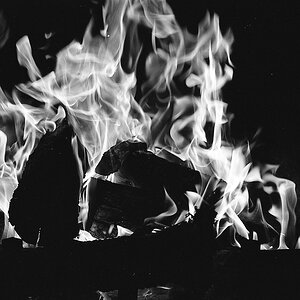
![[No title]](/data/xfmg/thumbnail/32/32926-ec27ecead8c80d803404500d8f888dbf.jpg?1619735754)
